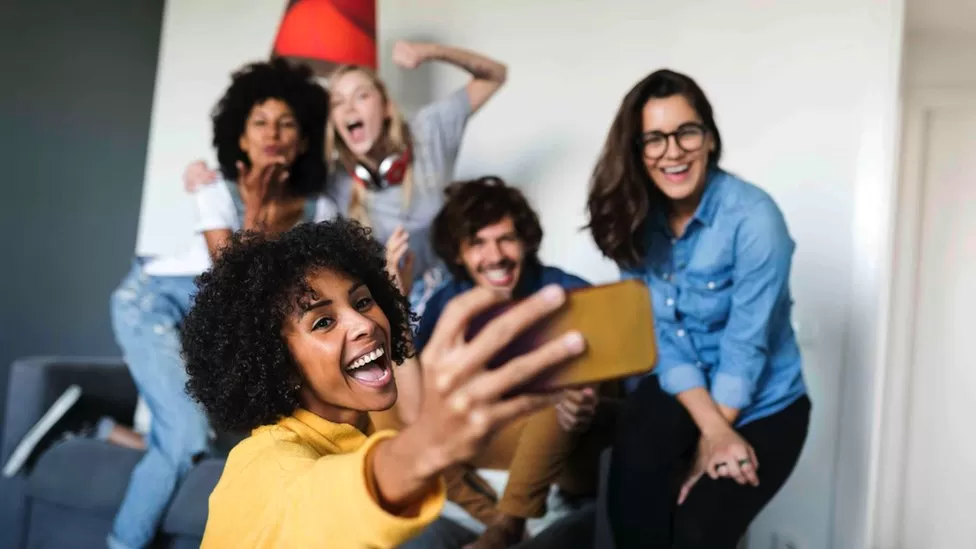Google’s New Pixel 8 and Pixel 8 Pro Smartphones Raise Questions About Authenticity and Ethical Use of AI in Photography.
In the ever-evolving world of technology and photography, Google’s latest smartphone offerings, the Pixel 8 and Pixel 8 Pro, have captured the spotlight with their groundbreaking AI-powered photo editing tools. These innovations, including “Best Take” and “Magic Editor,” are setting off a spirited debate surrounding the authenticity of photographs and the ethical implications of AI in photograp
Best Take, as described by Google, allows these devices to sift through users’ photos and seamlessly blend elements from past expressions. This machine learning-powered feature can, for instance, place a smile from a different photo onto a new one, creating a composite image that might not represent a single moment in time. Meanwhile, the Magic Editor feature enables users to erase, move, or resize unwanted elements within a photo, which are then filled in using deep learning algorithms based on surrounding pixel analysis and data gleaned from millions of other photos.
While these AI-driven photo editing tools offer exciting possibilities for enhancing and personalizing images, they have raised concerns among some tech commentators and reviewers. Descriptors such as “icky,” “creepy,” and fears of “posing serious threats to people’s trust in online content” have permeated the discussion.

Professional photographer and senior lecturer in Journalism at the University of South Wales, Andrew Pearsall, weighed in on the matter, expressing apprehension about the potential misuse of AI manipulation. “One simple manipulation, even for aesthetic reasons, can lead us down a dark path,” he cautioned.
The implications of such AI tools extend beyond the realm of professional photography, as they affect everyone who engages with this technology. Removing elements or altering reality in photos with the ease of a smartphone app raises critical questions about the blurred lines between what is real and what is not.
Pearsall further emphasized the need for caution: “You’ve got to be very careful about ‘When do you step over the line?’. It’s quite worrying now you can take a picture and remove something instantly on your phone. I think we are moving into this realm of a kind of fake world.”
While the debate rages on, it is essential for users to remain vigilant about how they employ these AI-powered tools and to consider their ethical implications. Striking the balance between artistic expression and the preservation of the authenticity of photographs is paramount as technology continues to push the boundaries of what is possible.
The rise of AI in photography prompts society to reflect on how we capture and represent reality, reinforcing the idea that while technology may offer us incredible capabilities, it is up to us to ensure that we use them in a responsible and ethical manner.
Resources:
1.https://www.bbc.com/news/technology-67170014
3.https://www.bbc.co.uk/news/technology-67170014
5.https://news.yahoo.com/google-pixel-face-altering-photo-021507437.html